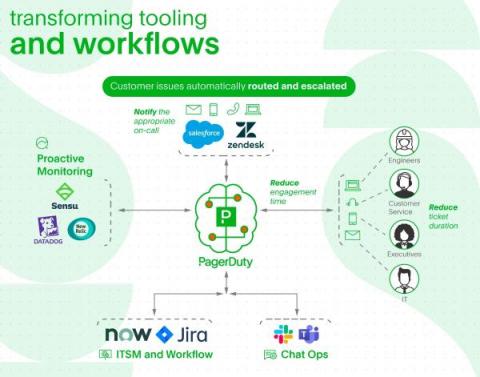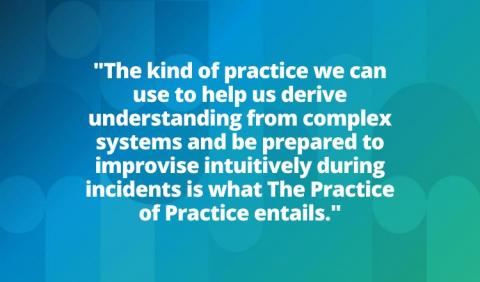Equitably distribute on-call responsibility and streamline incident response with Round Robin Scheduling
PagerDuty is excited to introduce Round Robin Scheduling. Round Robin Scheduling allows teams to equitably distribute on-call shift responsibilities amongst team members. Automatically assigning new incidents across different users or on-call schedules on an escalation level ensures that teams are resolving incidents as efficiently as possible. And, by balancing the workload across multiple users, there’s less risk of burnout.











